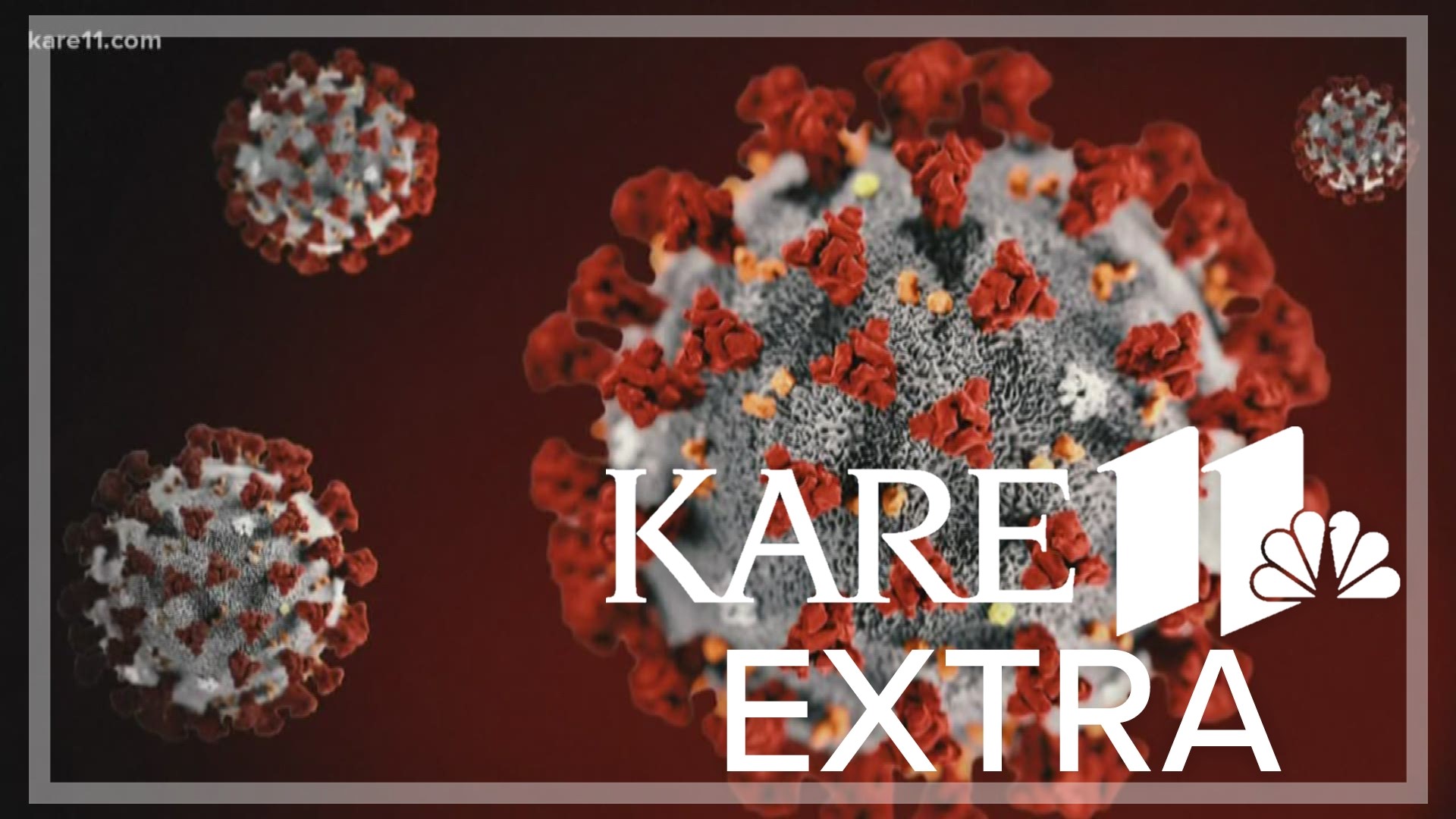MINNEAPOLIS — With so much that remains unknown about long COVID, what happens between now and the future is a thought that concerns Dr. Vanichkachorn at the Mayo Clinic.
"I'm worried that there are patients out there in the labor industry, construction workers, people who are working in a meat processing facility or so fourth, who don't have an ability to get an evaluation, and they're just suffering silently," Vanichkachorn said. "Plowing through to keep their jobs and working unsafely because of that kind of situation."
The kind of job you have, along with your race and your socioeconomic status, could make you prone to COVID, and therefore more likely to experience long COVID, according to the Minnesota Department of Health's Kate Murray.
"Some occupations — like low-wage and frontline workers, teachers — there are certain jobs that are more associated with COVID infection and probably long COVID as well. We anticipate we're probably going to follow those disparities and probably widen them in potentially the longer term," Murray said.
Murray was recently reassigned to work on collecting information about long COVID full time at MDH.
Apparently Minnesota was one of the few states that decided to use part of a $2.2 billion CDC grant to specifically look into long COVID, while other states chose to use it for more immediate COVID response.
Talking about the role that MDH plays in the bigger picture of long COVID, Murray explained, "Our work is really at the population level and community impacts, looking for inequities in things like access to resources, understanding where some of these gaps might be will help us allocate those resources in services more effectively like we do in other public health programs that focus on specific diseases."
The data collected by MDH is a combination of information taken from long COVID clinics around the state, anonymous health records and other information less subject to barriers.
"It's useful to have that information but we also know it's not telling the complete story of long COVID in Minnesota, so that's where things like surveys can be really important," Murray said. "That's a real big part of our effort in terms of assessing impact in communities and understanding what their needs are."
The goal: Pave the way to create infrastructure that will support more people who end up having long COVID. For example, find a better way to prove disability for those suffering from long COVID symptoms.
"Without an objective test, it does make it difficult for patients to sort of prove to other parties, like disability or insurance that they are going through long-haul COVID," Vanichkachorn said. "What we have found to be successful and something that we do a lot in, is help patients navigate this entire process. Make statements for them, that they can show their employer or show other stakeholders what they are going through."
"Unfortunately the onus is often on the patient to demonstrate that, so we see that," Murray said. "And we're looking for opportunity to support patients and make it easier and hopefully lower some of those barriers and hopefully raise all ships here, because I think it's challenging for anyone even with a clear diagnosis."
Watch more on the coronavirus:
Watch the latest reports and updates on the coronavirus pandemic in Minnesota with our YouTube playlist:

